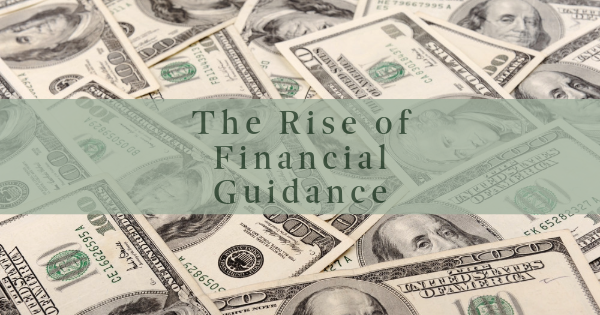Five Questions You Need to Ask About Your Financial Advisor
Why most financial plans fall short—and how to rethink your future.
When it comes to financial planning, most people assume their advisor has their best interests at heart. But what if the traditional advice you’ve been following is setting you up for mediocrity—or worse, failure? Founder of Kingsbridge Brokers and financial strategist, Josh Tolley, urges us to dig deeper and start asking better questions.
Here are five crucial questions to ask your financial advisor—and why the answers matter more than you think:
1. Did they ask how long you need the money to last?
Translation: How soon are you going to die?
It may sound morbid, but many financial plans are subtly built around your death. If your financial future only “works” because you’re not expected to live long, that’s not a plan—it’s a gamble. Longevity shouldn’t be a liability. You deserve a strategy that supports a vibrant life, however long it may last.
2. Are they suggesting you live on less income than you are currently?
The standard advice is to plan for 80% of your current income in retirement. But here’s the flaw: as you age, expenses increase—especially healthcare. And after decades of working, shouldn’t retirement mean more freedom, fun, travel, and generosity—not less?
If your plan expects you to cut back on life just when you finally have time to enjoy it, it’s time for a better one.
3. Is your primary job the only source of income you're planning around?
Too many people fail financially not because of poor investment choices, but because they simply never earn enough to invest meaningfully. Relying solely on your paycheck limits your potential. True financial freedom requires diversifying your income streams—so your investments are a bonus, not a lifeline.
4. If your investments doubled or tripled, would that actually be enough?
Compounding interest is a beautiful concept—until you factor in inflation and cost-of-living increases. Sure, your money might double every 10–12 years. But costs also double every 15. In other words, your “gains” may not truly improve your quality of life.
If your plan depends on waiting 10-15 years for compounding to kick in, it might be time to rethink your timeline and your strategy.
5. Are your investments built to support future generations—or make a lasting impact?
Most advisors help you set up a simple beneficiary transfer. That’s not legacy planning—it’s estate default. Without a true multi-generational wealth strategy, only 0.12% of wealth makes it to the third generation. That’s not a fluke—that’s a systemic failure.
If your plan isn’t designed to build, protect, and transfer wealth while making a positive impact in the world, you’re missing the bigger picture.
The Bottom Line
Mass-market financial planning focuses on helping you retire without running out of money. But what if the goal was bigger?
What if your financial strategy was about building perpetual wealth—money that supports your lifestyle today, provides for future generations, and contributes meaningfully to the world around you?
That’s the future Kingsbridge challenges us to create.
Your next step? Ask these questions. Challenge your current assumptions. And don’t settle for a plan that only works if you die on time.
Share Post:
Leave Your Comment
search Article
Recent Posts








